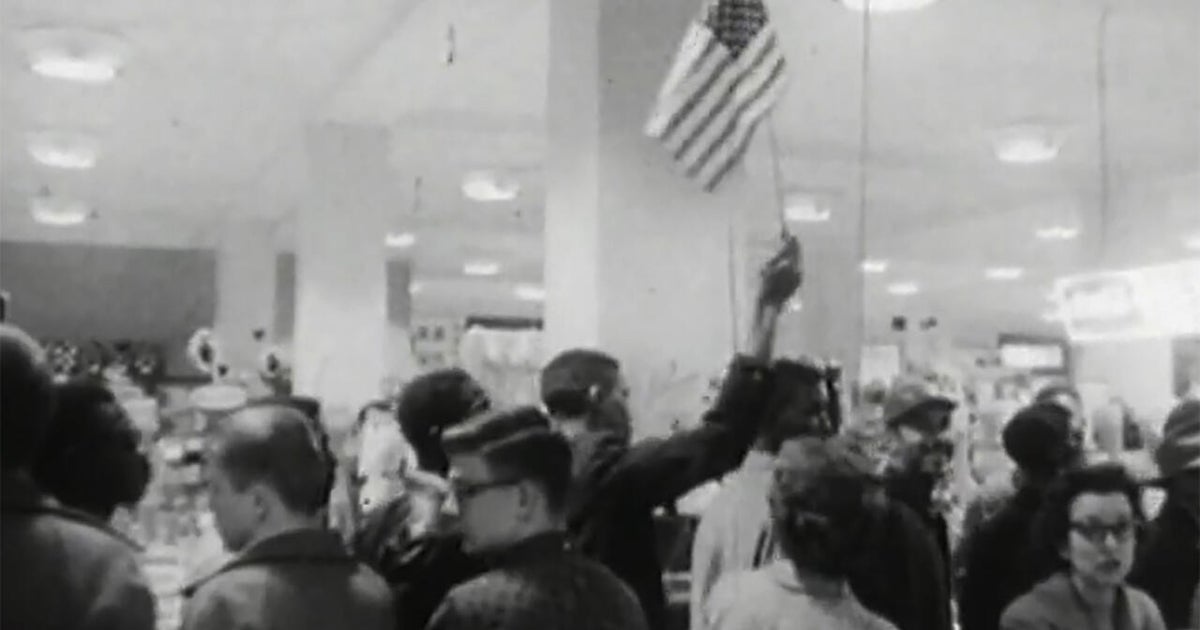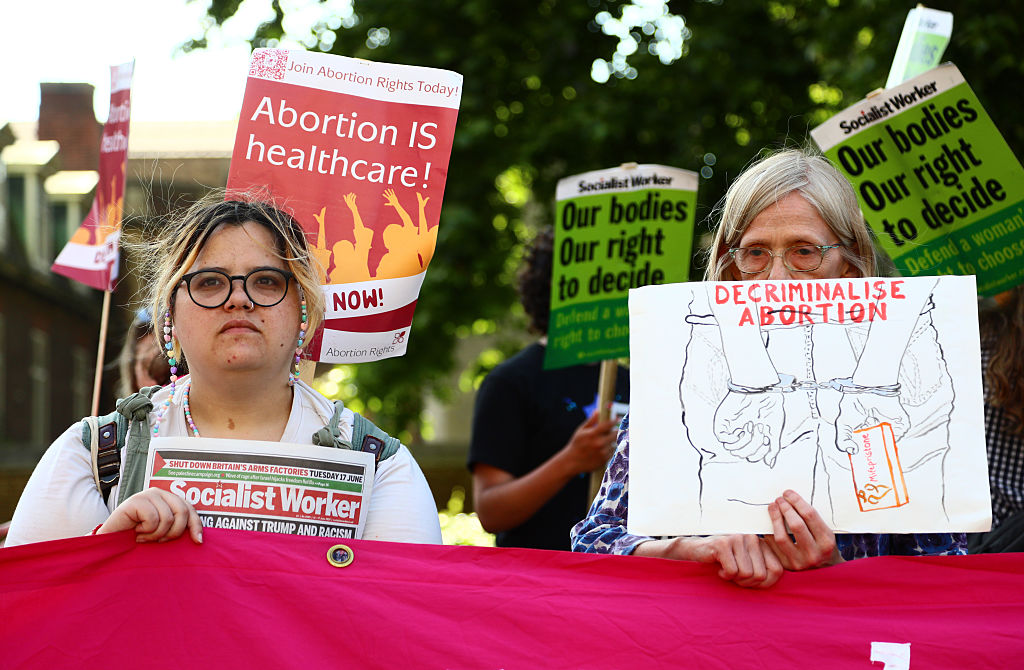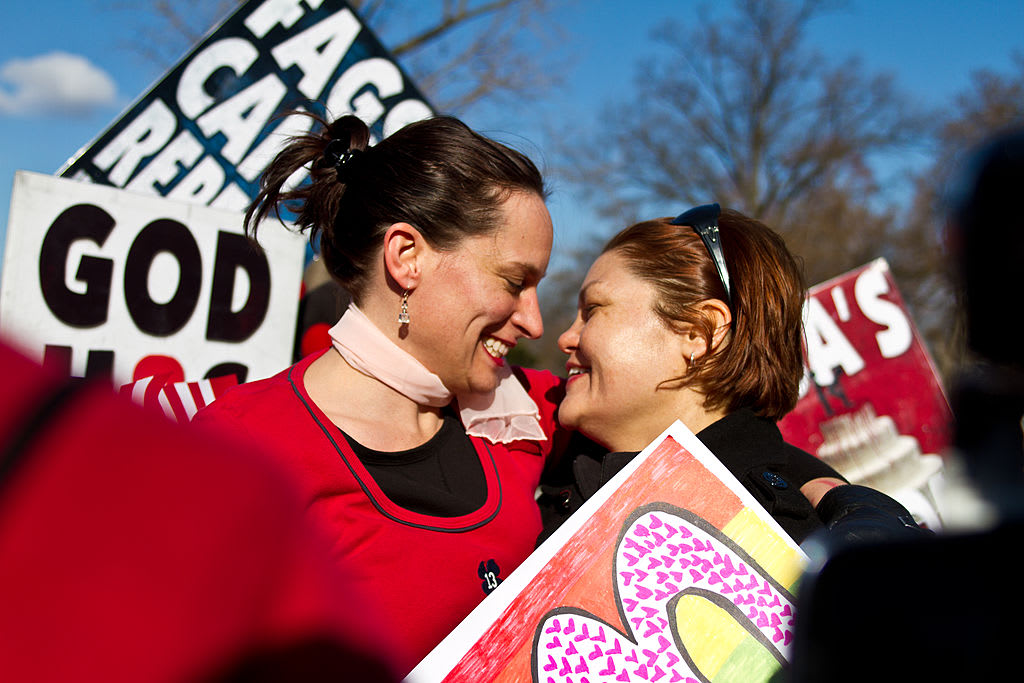Louisiana has passed nearly 100 anti-abortion restrictions since Roe v. Wade
Since abortion was nationally legalized nearly 50 years ago, Louisiana has enacted almost 100 anti-abortion restrictions, more than any other state in the country, according to a new study shared exclusively with CBS News.
The study, released by the Guttmacher Institute on Tuesday morning, highlights what some reproductive rights supporters say is a strategy to "regulate abortion out of existence."
Researchers tracked the number of anti-abortion regulations passed by state legislatures since the landmark Supreme Court decision of Roe v. Wade in 1973 and found that Louisiana's lawmakers passed 89 such restrictions, the most by far of any state. Indiana came in second with 63 and Oklahoma in third with 60. Five states — Connecticut, Hawaii, Oregon, Vermont and Washington — have passed none.
"When you look at the history of abortion restrictions and bans in Louisiana, none of that supports patient health," said Elizabeth Nash, senior state issues manager at the Guttmacher Institute, a pro-abortion rights research organization. Nash spoke with CBS News on Monday evening ahead of the report's release.
One of Louisiana's abortion restrictions — a law not currently in effect that requires doctors who provide abortions to have admitting privileges at a nearby hospital — is at the center of a Supreme Court case scheduled to be heard next month. The law, Louisiana's "Unsafe Abortion Protection Act," is similar to a Texas law that was struck down by the Supreme Court in 2016. The regulation has been called "medically unnecessary" by professional medical groups, including the American Medical Association and the American College of Obstetricians and Gynecologists.
If the high court sides with the state, Louisiana would become the first state not to have a legal abortion provider. Nash said that's by design.
"The history of Louisiana's abortion restrictions are in fact a history of attempts to ban abortion, it's not about giving care to patients," Nash said. "What we're trying to say is that the legislature's intent has been to regulate abortion out of existence. That's been the pattern."
An email requesting comment from the Louisiana Attorney General's Office, which is responsible for defending the state's laws, was not immediately returned.
In an interview with CBS News last year, the author of Louisiana's admitting privilege requirement called it a "common sense" law and said it wasn't designed to shut down abortion access.
Out of all 50 states, Louisiana has the lowest support for abortion access, according to data from the Public Religion Research Institute (PRRI), a nonpartisan research organization. In 2018, the most recent year available, 60% of Louisiana residents believed abortion should be illegal in all cases or in most cases, according to PRRI.
Louisiana also has the nation's second-highest maternal mortality rate. As of 2015, the most recent year available, there were 44.8 maternal deaths for every 100,00 live births, according to data from the Centers for Disease Control and Prevention.
Though politicians deny that Louisiana's admitting privilege law is about getting rid of abortion, the state has passed five bans on the procedure, four of which are not currently implemented, according to Guttmacher's report. Louisiana currently has one of the country's strictest abortion bans in effect, a 22-week ban on the procedure.
The state has also passed legislation banning the procedure at any point in pregnancy with limited exceptions, a six-week ban, a 15-week ban, and a so-called "trigger ban," which would immediately prohibit abortion if Roe v Wade were overturned. All four have been blocked by courts, according to Guttmacher.





